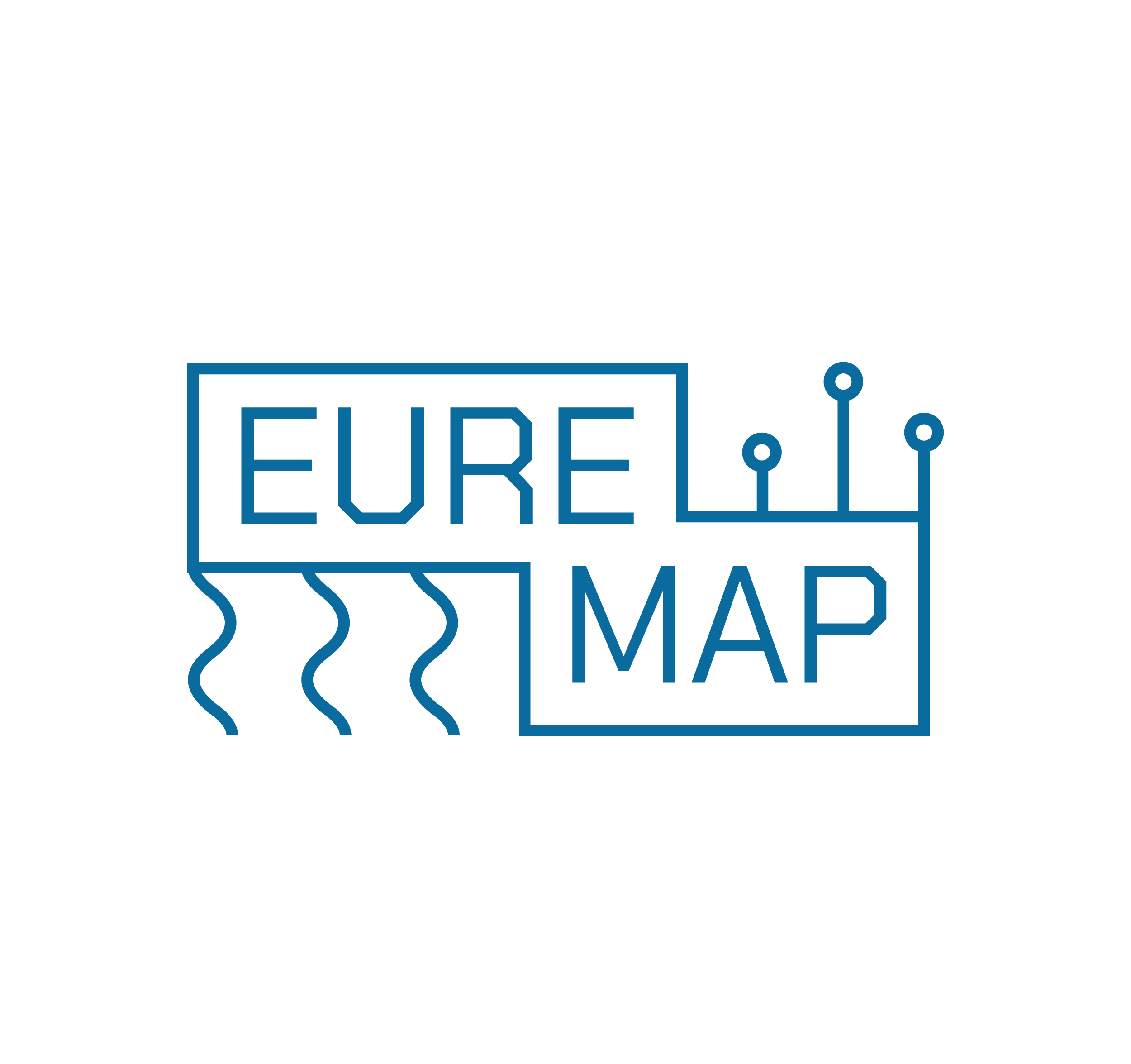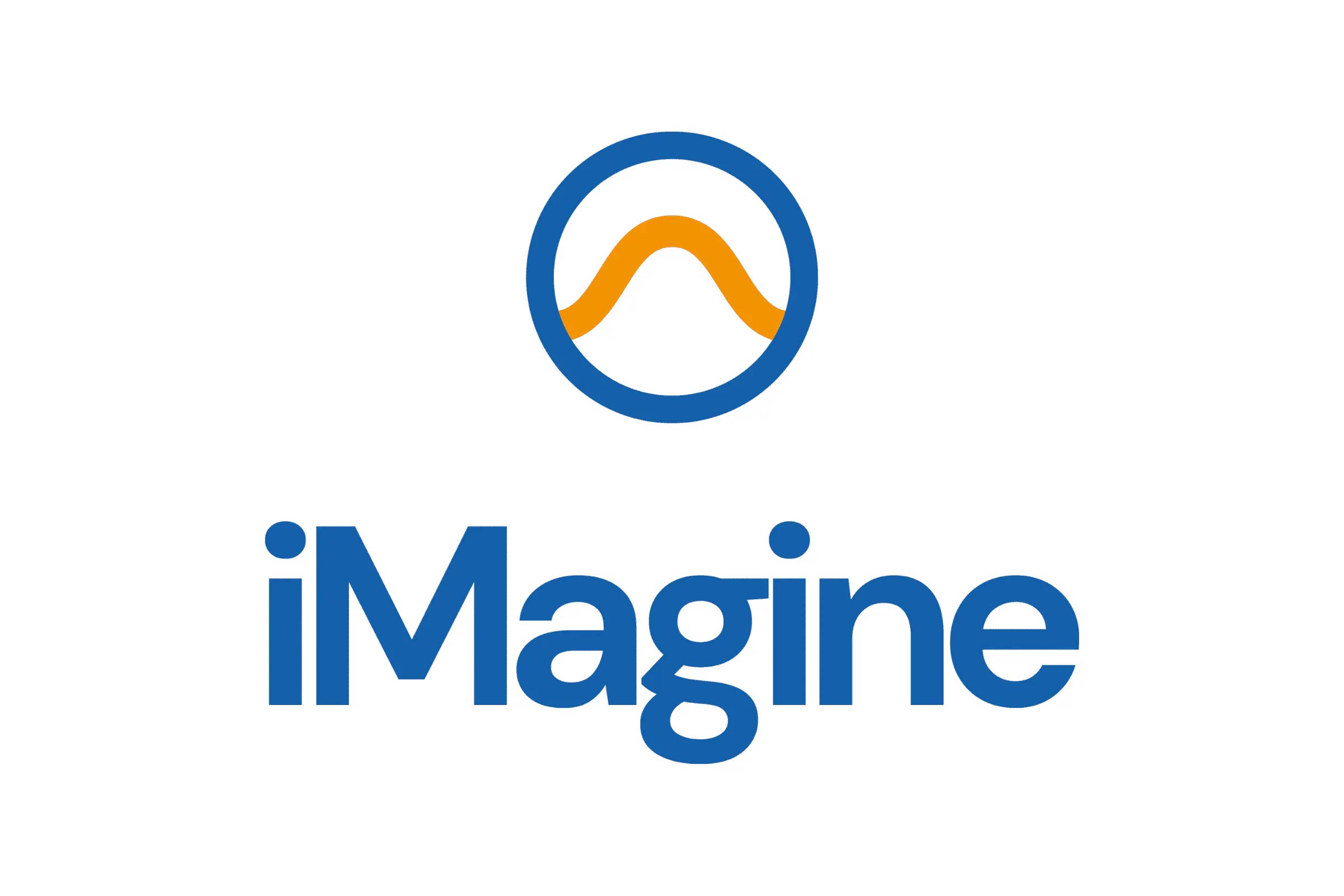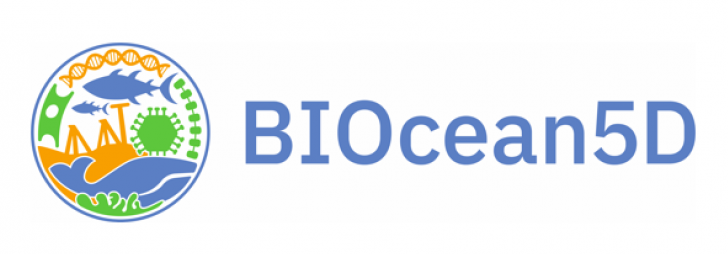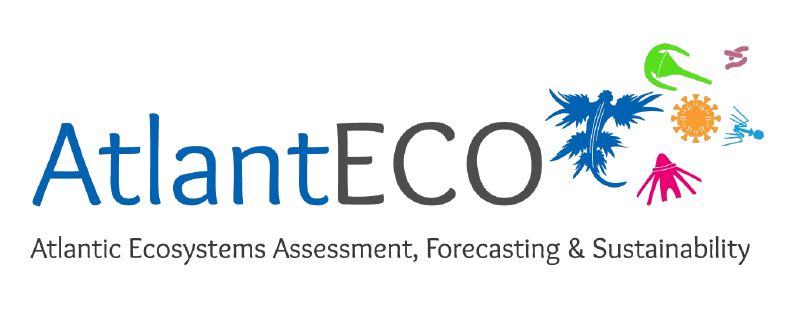ASSEMBLE Plus provides scientists from academia, industry and policy with a quality-assured programme of Transnational Access (TA) and Virtual Access (VA) to marine biological stations offering a wide variety of marine ecosystems, unique marine biological resources, state-of-the-art experimental and analytical facilities with integrated workflows, historical observation data, and advanced training opportunities.
The goal is to stimulate European excellence in fundamental and applied research in marine biology and ecology, thereby improving our knowledge- and technology-base for the blue economy, policy and education purposes. The project brings together 32 marine stations and institutes from 14 European and associated countries under the leadership of EMBRC.
Five joint research activities involving all partners aim to innovate and/or develop new technologies/methodologies to be offered to users. A series of networking activities aims to strengthen the culture of collaboration within and beyond the consortium; develop benchmarking for service provision practices; disseminate interoperable protocols; engage with novel user communities; and share insights into suitable business strategies. Ultimately, ASSEMBLE Plus aims to increase the number of users of marine biological stations and to develop a sustainable, collaborative business strategy.
ASSEMBLE Plus builds off of a previous FP7-funded project entitled ASSEMBLE Marine.
Project dates: 1 October 2017 to 30 September 2022
EMBRC-BE role: VLIZ and UGent are involved
Funding: €9,999,911.48 (Horizon 2020, under grant agreement number 730984)
















